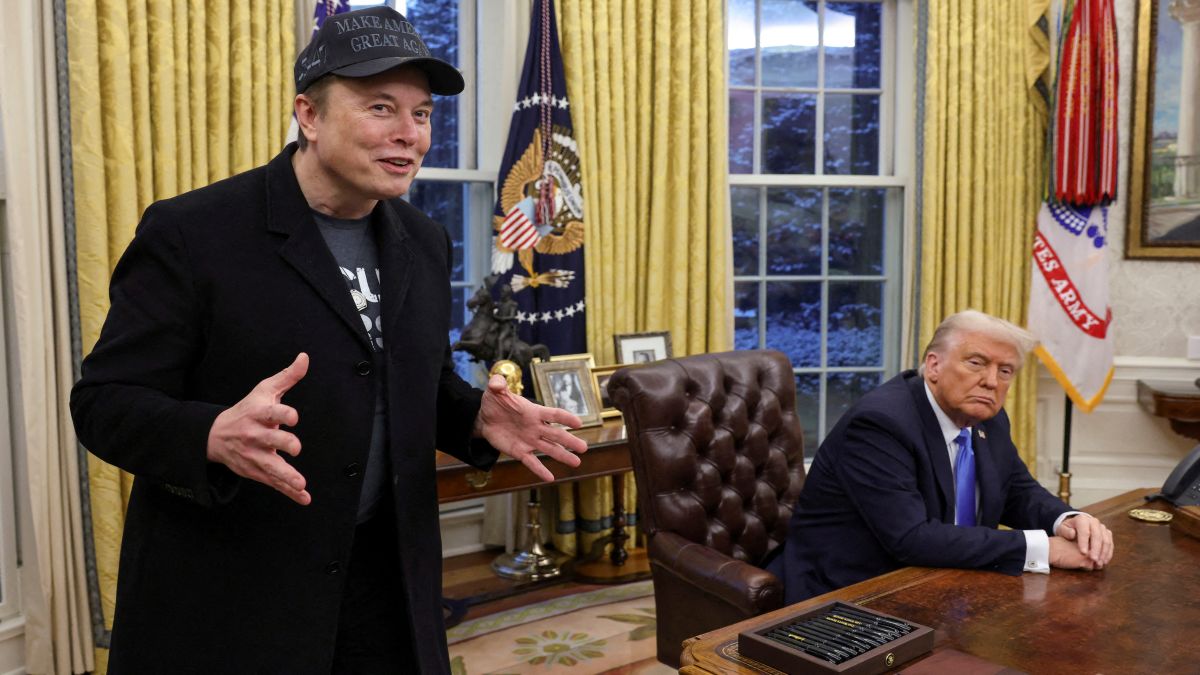For decades, conservatives in Congress have pushed to shrink the federal government, but efforts to make deep cuts have repeatedly stalled over fears of voter backlash.
Now, President Donald Trump’s administration is taking a different approach.
The so-called Department of Government Efficiency (DOGE), headed by unelected billionaire Elon Musk, has initiated sweeping layoffs and restructuring efforts across federal agencies.
Unlike past budget battles in Congress, where elected lawmakers negotiate spending reductions, the initiative is being spearheaded outside traditional legislative channels– a move that has alarmed even some fiscal conservatives.
“Some members of the Trump administration got frustrated that Congress won’t cut spending and decided to go around them,” said Jessica Riedl of the conservative Manhattan Institute. Now, “No one who has to face voters again is determining spending levels.”
Congress pushes back
The approach is now facing legal and political pushback. On Thursday (March 6), Trump told his Cabinet that Musk could only make recommendations on spending cuts after court challenges raised questions about the legality of his sweeping orders.
A day prior, Republican senators told Musk that he would need congressional approval for any major reductions. They pointed him to a process called rescission, which allows the executive branch to propose specific cuts that Congress can approve with a simple majority vote.
Musk, according to senators, had never heard of the process before. The revelation raised concerns about the lack of traditional government oversight in the cost-cutting drive.
Politics of cutting government
The challenge of slashing federal spending has been a defining issue for conservatives since Ronald Reagan’s presidency, but efforts to shrink the government have often stalled or even reversed. Reagan, despite his anti-government rhetoric, left office with a larger federal workforce than when he entered. Government spending continued to grow under Trump’s first term and under Democratic President Joe Biden.
Now, however, Trump does not have to face voters again, despite his occasional jokes about seeking a third term. Unlike previous Republican presidents, he has openly expressed hostility toward the federal bureaucracy, which he blames for undermining his first term.
Impact Shorts
More Shorts“I don’t think previous presidents have had the same animus toward the federal government this one has,” said Douglas Holtz-Eakin, a former director of the Congressional Budget Office and economist in the George W. Bush administration.
Trump has also launched a parallel cost-cutting initiative through his Office of Management and Budget (OMB), which is preparing for mass layoffs within federal agencies.
Holtz-Eakin suggested that OMB’s reductions are more likely to stick than Musk’s DOGE cuts, since they follow traditional channels.
As layoffs and agency closures take effect, early signs suggest voter dissatisfaction is building over the chaotic nature of the cuts.
Holtz-Eakin warned that political consequences could follow. “The usual way you visit that on a president is you wipe out his party in the midterms,” he said. “You never evade the voters.”
With inputs from AP


)

)
)
)
)
)
)
)
)



